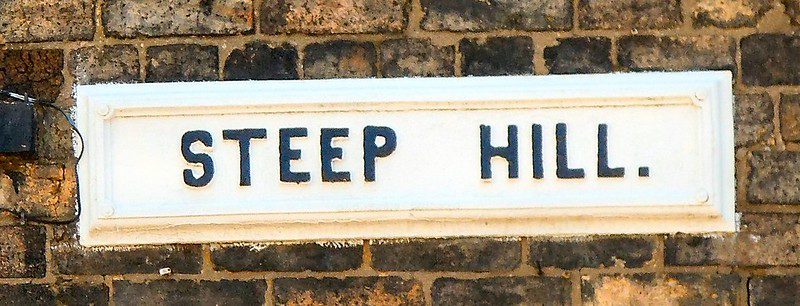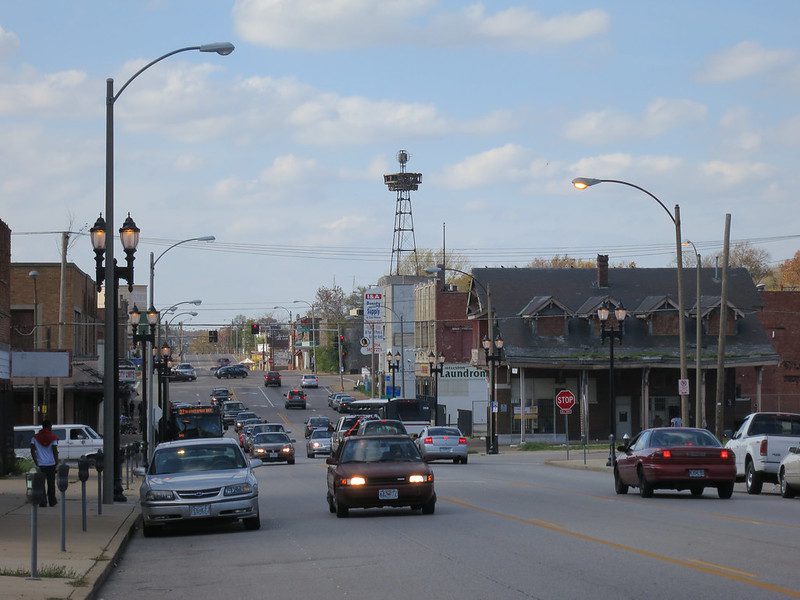In her recent Mother Jones column, Barbara Ehrenreich writes “What the Occupy Wall Streeters are beginning to discover, and homeless people have known all along, is that most ordinary, biologically necessary activities are illegal when performed in American streets — not just peeing, but sitting, lying down, and sleeping.” She discusses homelessness not from an issue-oriented, theoretical standpoint, but from the logistic side of it. That is, the real challenges associated with urban camping.
Pointing to prohibitions against public sleeping, eating, and lying down, Ehrenreich notes that “Anyone with restroom-related issues — arising from age, pregnancy, prostate problems, or irritable bowel syndrome — should prepare to join the revolution in diapers. Specifically, she refers to an upcoming report, “Criminalizing Crisis” by the National Law Center on Homelessness and Poverty (NLCHP) that examines laws on the books in Sarasota, Fla., where ordinance prohibits “‘digging or earth-breaking activities’ — that is, to build a latrine — cook, make a fire, or be asleep and ‘when awakened state that he or she has no other place to live.’” or, tragically, in Columbia, SC, where a homeless pregnant woman could not find a place to rest during the day, when shelter access was unavailable:
“During daytime hours… she attempted to spend time in a museum and was told to leave. She then attempted to sit on a bench outside the museum and was again told to relocate. In several other instances, still during her pregnancy, the woman was told that she could not sit in a local park during the day because she would be ‘squatting.’ In early 2011, about six months into her pregnancy, the homeless woman began to feel unwell, went to a hospital, and delivered a stillborn child.”
She continues:
“It is illegal, in other words, to be homeless or live outdoors for any other reason. It should be noted, though, that there are no laws requiring cities to provide food, shelter, or restrooms for their indigent citizens… to be homeless in America is to live like a fugitive.” (Emphasis ours)
In the upcoming fall issue of Shelterforce, NLCHP executive director Maria Foscinaris writes about housing and homelessness as human rights issues and looks at the types of tools available to organizers to advance homelessness advocacy from a human rights framework with an eye on policy. She writes:
“Focusing on the human right to housing can help advance solutions to the U.S. homelessness and housing crisis. Ultimately, it can help us shift from a paradigm that treats housing as a discretionary privilege to one that treats it as a priority and a right.”
While the Occupy movement touches on myriad issues related to human rights, equity, accountability, and more, we’re looking for connections between Occupy and homelesness. Considering, as Ehrenreich notes, that so many protestors are, in effect, getting a sense of some of the challenges of being homeless, Occupy and homelessness should go hand-in-hand.




Comments